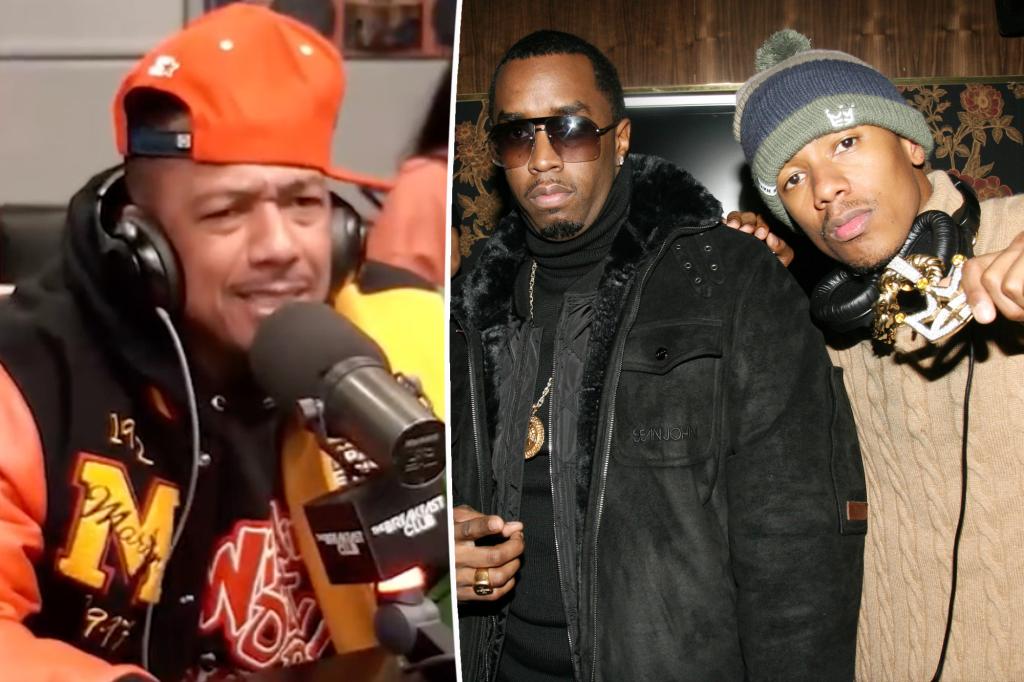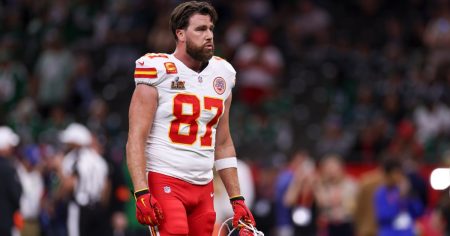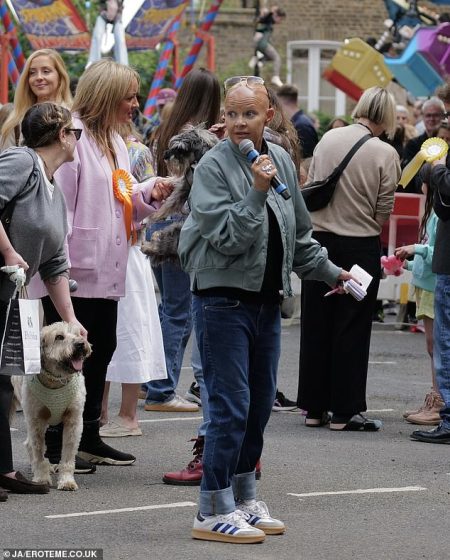Nick Cannon recently shared details about attending Sean “Diddy” Combs’ parties as a teenager, recalling trying to get into a Puff Daddy party in New York when he was just 16 years old. He reminisced about the atmosphere at the parties, comparing it to the crowded house party featured in Notorious B.I.G.’s music video for “One More Chance.” Cannon emphasized that the Bad Boy parties in late 90s New York were legendary.
Despite openly discussing attending Combs’ parties, Cannon clarified that he has nothing to hide and that the parties he attended were not the infamous “freak offs.” He jokingly mentioned dancing and enjoying himself at the events, specifically doing the Harlem shake. The actor, who rose to fame on the kids’ sketch comedy show “All That,” also revealed that he has never been drunk in his life. While Cannon seems unapologetic about his partying past, Combs’ team did not immediately respond to Page Six’s request for comment on the matter.
Cannon’s revelations come amidst serious legal troubles for Combs, who is currently facing over 100 sexual assault lawsuits. Attorney Tony Buzbee, who is overseeing the lawsuits, has insinuated that there are many other high-profile individuals involved in the alleged crimes and that more names may be disclosed in the future. Buzbee has also accused Combs’ celebrity friends of paying off alleged victims to avoid being named in lawsuits. Combs himself is facing federal charges related to sex trafficking, racketeering conspiracy, and other offenses.
The music mogul, 54, was arrested in New York last month and is being held in jail without bail. Combs has pleaded not guilty to all charges, and his trial is scheduled to start in May 2025. One of his lawyers, Erica Wolff, has stated that Combs is eager to prove his innocence and establish the truth based on evidence rather than speculation. The unfolding legal proceedings have shed light on a darker side of the hip-hop industry and the alleged misconduct of some high-profile figures.
While Cannon’s recollections of partying with Combs offer a glimpse into the music scene of the late 90s, they also serve as a reminder of the controversies and legal issues surrounding the industry. The allegations against Combs and others reflect a broader conversation about accountability, transparency, and justice in the entertainment world. As the legal battles play out, more details may emerge, potentially exposing additional individuals and shedding light on the culture of exploitation and misconduct that may have been prevalent in the industry. The intertwining of entertainment, power, and criminal behavior underscores the complexities and challenges of navigating fame and success in a high-stakes environment.















